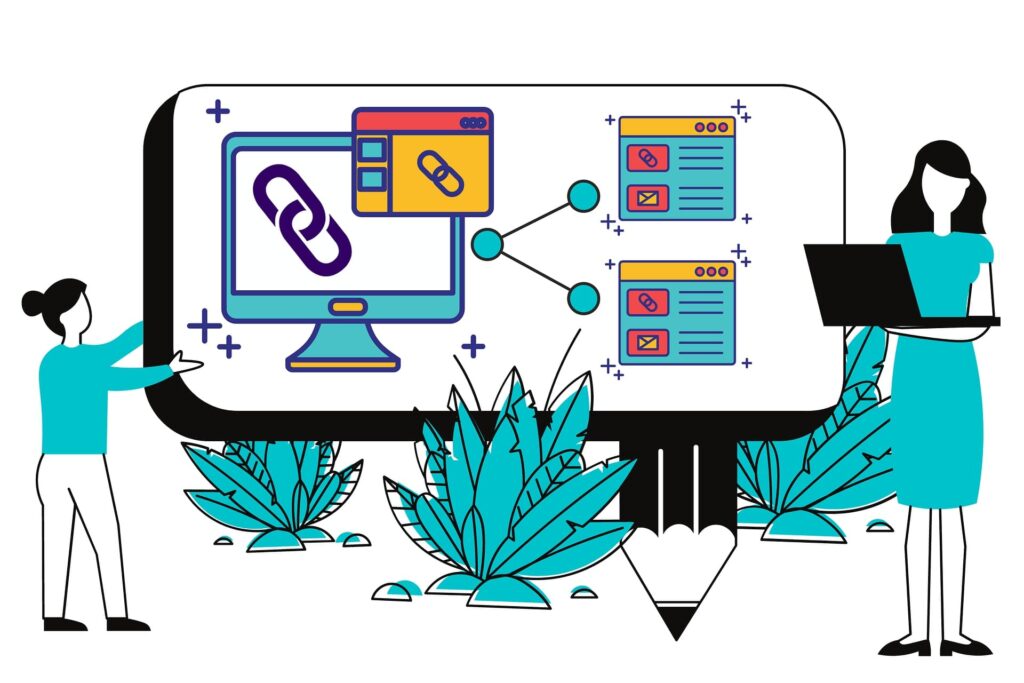Soft skills are skills that are not tangible. They are personal qualities or traits that are not related to specific technical or academic knowledge but rather to how people interact with others and communicate.
Some examples of soft skills include communication, teamwork, problem-solving, time management, adaptability, leadership, and conflict resolution.
These skills are important in many jobs and industries because they help individuals work well with others and effectively accomplish tasks. Improving your soft skills can help you succeed more in your career and personal life.
Quick Links
What are Soft Skills
Soft skills are our abilities to communicate with others and manage our emotions. They include empathy, emotional intelligence, self-awareness, and persuasion. These skills can help us succeed at work and also have a fulfilling life outside of it.
Some of these skills have been taught in schools for decades as part of a traditional curriculum. Others have never been taught before – but they should be.
The importance of soft skills has been gaining momentum in recent years. More and more people realize these skills are necessary for success in the workplace and life.
Here are the top three characteristics of soft skills:
Personal qualities: Soft skills are qualities or traits unrelated to specific technical or academic knowledge.
Interpersonal: Soft skills involve how you interact with and relate to others.
Transferable: Soft skills are generally more transferable between jobs and industries than hard skills, which are more specific to a particular job or industry.
Intangible: Soft skills are not tangible but can hugely impact a person’s success.
Soft skills can help you be more successful in your career and personal life by enabling you to communicate effectively with others, work well in a team, adapt to new situations, and resolve conflicts. Improving your soft skills can also help you build strong relationships with others and be a more effective leader.
Benefits of Soft Skills
Here are ten benefits of developing and improving your soft skills:
Improved communication: Strong communication skills are important for effectively conveying your ideas and understanding others.
Enhanced teamwork: Good teamwork skills can help you work well with others and contribute to the success of a group.
Better problem-solving: Effectively solving problems can help you find solutions to challenges that arise at work or in your personal life.
Improved time management: Managing your time effectively can help you complete tasks efficiently and stay on top of your responsibilities.
Enhanced adaptability: The ability to adapt to changing circumstances and environments can help you thrive in a constantly evolving world.
Greater leadership potential: Developing leadership skills can help you take on leadership roles and inspire others to achieve their goals.
Improved conflict resolution: Effectively resolving conflicts can help you build stronger relationships and create a more positive work or personal environment.
Enhanced interpersonal skills: Good interpersonal skills can help you build and maintain strong relationships with others.
Improved decision-making: The ability to make sound decisions can help you navigate challenges and progress toward your goals.
Increased emotional intelligence: Developing emotional intelligence can help you better understand and manage your own emotions, as well as the emotions of others.
How to Improve Soft Skills
Here are some tips for improving your soft skills:
Identify your areas for improvement: Take some time to reflect on your strengths and weaknesses regarding soft skills. Consider asking for feedback from colleagues or friends to understand better areas you could improve.
Practice active listening: Paying attention and listening to others can improve your communication and teamwork skills.
Take on new challenges: Trying new things and taking on new challenges can help you develop adaptability and problem-solving skills.
Seek out leadership opportunities: Look for opportunities to take on leadership roles, whether at work or in your personal life.
Improve your communication skills: Practice speaking clearly and concisely, and consider taking a class or workshop on effective communication.
Work on your time management: Create a schedule, set priorities, and stick to it to improve your time management skills.
Learn to manage your emotions: Practicing mindfulness and emotional intelligence can help you better understand and manage your emotions.
Seek feedback and be open to constructive criticism: Asking for feedback from others can help you identify areas for improvement. In addition, being open to constructive criticism can help you learn and grow.
Practice empathy: Try putting yourself in others’ shoes to improve your interpersonal and conflict-resolution abilities.
Learn from your mistakes: Instead of dwelling on mistakes, try to learn from them and use them as opportunities for growth.
Top Ten Essential Soft Skills
Though professional corporate trainers and social scientists agree that there are about twenty soft skills to become successful in life, however, the top ten essential soft skills are as follows:
Communication: Effectively communicating with others is an essential soft skill. This includes both verbal and written communication.
Teamwork: Being able to work well with others and contribute to the success of a group is an important soft skill.
Problem-solving: The ability to find solutions to challenges that arise is a valuable soft skill.
Time management: Managing your time effectively can help you complete tasks efficiently and stay on top of your responsibilities.
Adaptability: The ability to adapt to changing circumstances and environments is an essential soft skill.
Leadership: Being able to inspire and guide others towards a common goal is an important soft skill.
Conflict resolution: The ability to effectively resolve conflicts can help you build stronger relationships and create a more positive work or personal environment.
Interpersonal skills: Good interpersonal skills can help you build and maintain strong relationships with others.
Decision-making: The ability to make sound decisions can help you navigate challenges and progress toward your goals.
Emotional intelligence: Emotional intelligence is considered a crucial skill in professional and personal life. The ability to understand and manage your own emotions, as well as the emotions of others, is an essential soft skill.
Soft Skills vs. Hard Skills: Comparative Analysis
Many have a skewed idea of the business world: hard skills are seen as relevant, soft skills as ‘nice to have’ or ten-a-penny.
Soft skills are typically associated with the type of personality traits needed in a workplace. These skills include things like communication, teamwork, and empathy.
Hard skills are typically associated with more tangible things that can be learned through training or education. These skills include things like computer programming, web development, search engine optimization, blogging, freelancing, engineering, content marketing, social media marketing, and accounting.
Here are ten points to compare soft skills and hard skills:
Definition: Soft skills are personal qualities or traits unrelated to specific technical or academic knowledge, while hard skills are specific technical or academic knowledge and abilities.
Examples: Examples of soft skills include communication, teamwork, problem-solving, time management, adaptability, leadership, and conflict resolution. Examples of hard skills include programming, accounting, language fluency, and specific software knowledge.
Development: Soft skills can be developed through experience, training, and education, while hard skills are often developed through specific education or training programs.
Transferability: Soft skills are generally more transferable between jobs and industries, while hard skills are more specific to a particular job or industry.
Importance: Soft and hard skills are important for success in many jobs and industries.
Hiring: Employers often look for soft and hard skills when hiring.
Career advancement: Developing soft and hard skills can be important for advancing your career.
Salary: In some cases, having strong hard skills may lead to a higher salary, while in other cases, strong, soft skills may be more highly valued.
Performance evaluation: Hard and soft skills may be evaluated as part of a performance review.
Balance: It is important to have a balance of both soft skills and hard skills to be a well-rounded and successful individual.
Bottom Line
Soft skills are intangible, but they are still just as important. They include things like communication, teamwork, and leadership.
Soft skills are necessary for success in any industry or job position. Therefore, companies must invest time and resources into training their employees on these skills to grow their talent pool and develop high-performing teams.
The benefits of having a professional development program include increased employee engagement, better work-life balance, higher morale, increased productivity, improved retention rates, and more.
There are different types of soft skills. A few of them are as follows:
- Communication skills
- Teamwork skills
- Organizational skills
- Decision-making skills
- Problem-solving skills
- Interpersonal Skills
- Time Management Skills
- Creativity and Innovation Skills
- Leadership and Decision-Making Skills
- Adaptability and Flexibility Skills.
- Emotional Intelligence
- Self-awareness and Self-discipline
- Persuasion Skills
- Coaching Skills
- Negotiation Skills
- Motivation
- Empathy
- Initiative
- Integrity
- Perseverance
Sharing is Caring

























